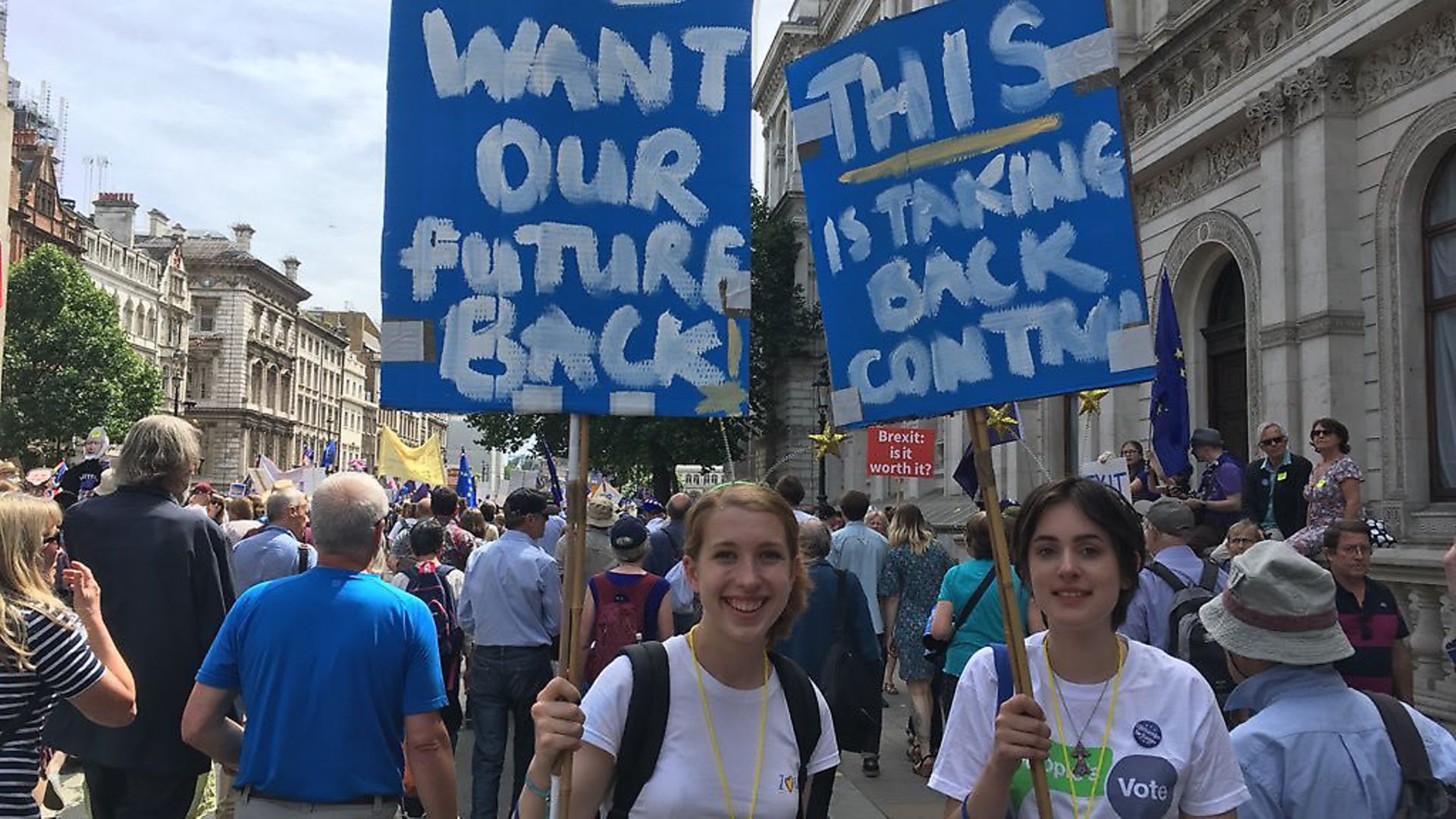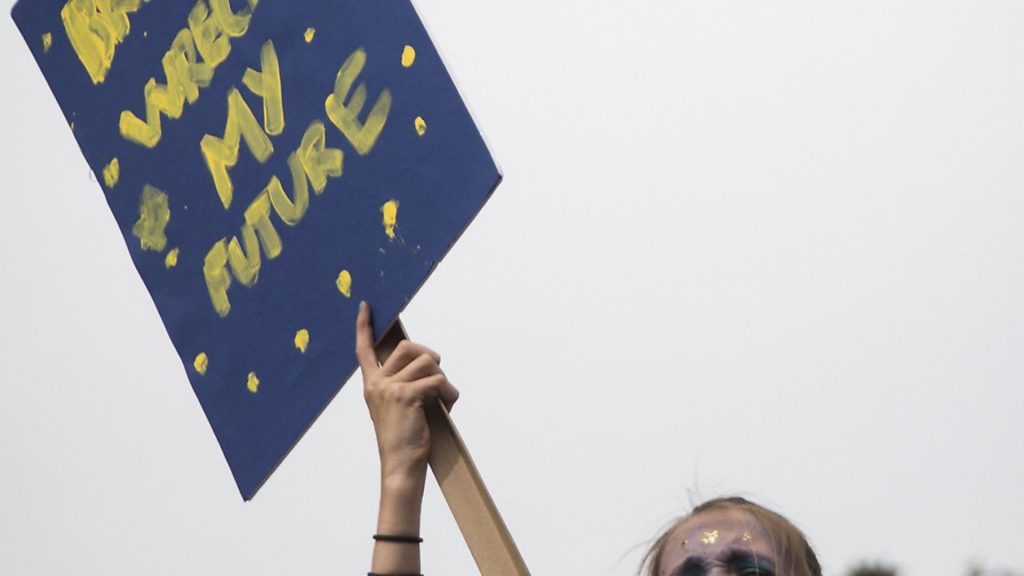
This past week we saw just how catastrophic the government’s Brexit strategy could be for young people.
Dominic Raab’s guidance notices for individuals and companies show the true horror that could be unleashed on a generation that overwhelmingly voted to Remain.
The explicit impacts on young people from a no-deal are clear. The UK will be yanked out of the ERASMUS+ scheme which allows young people to volunteer across the continent. Its focus on youth mobility not only provides valuable experiences to the many young people it facilitated to study abroad, but offered training to those who don’t go to university. Brexiters like to claim that free movement and Erasmus only benefit a narrow elite, but we should not fall for these populist claims: benefits extend to a wide range of organisations and affect those from all social backgrounds. But this could all vanish after Brexit.
The government’s desperation, however, goes further than merely betraying young people. Reading the details of their proposal in the no-deal dispatches, the government’s principal game plan seems to simply throw money at problems in the hope that the EU will agree to keep projects like ERASMUS+ open. While individual projects that the government could continue to fund in theory have been guaranteed, it is still uncertain whether UK institutions will actually be able to participate. On ERASMUS+, they say that the government will be ‘seeking to hold these discussions’ with the EU. This crystallises the stupidity of a no-deal. These dispatches offer a clear depiction of future disaster, which can only be dubiously palliated by desperate hopes, ironically, of last-minute deals. This just isn’t good enough for the young people of Britain.
Leaving aside the stolen opportunities that come from engaging seamlessly in European markets, young people’s employability at home looks increasingly threatened as well. No-deal plans would also impose extensive red tape on businesses. This isn’t the red tape that protects our environment or safeguards workers’ rights: it is entirely avoidable, created by the government’s inability to negotiate Brexit. Drug companies would have to register new medicines twice, once in the UK and once in the rest of the EU. Businesses who export would face a welter of additional charges and complications. The government anticipates they might have to hire a customs broker, register for an exporting number, and complete a barrage of new forms. Each of these new administrative hurdle re-directs funds which could have been invested in recruiting and training young employees, leaving young people without the skills to advance their careers.

An article published in 2011 argued that such having to accommodate such extensive regulation was ‘choking the enterprises that create jobs with red-tape… [it is] not just economically uncompetitive. It is social injustice too… those lobbying to keep regulations are making a harsh moral and social decision, at the expense of those in the greatest need.’ The author of this piece was none other than Dominic Raab, then a backbench MP courting the right of the Tory party. Beyond the irony of this turnaround, it shows how Brexit is satisfying no-one, least of all those having to implement it.
In this way, whilst politicians may attempt to pacify young people with cheap perks and policy baubles specifically aimed at under-25s, in reality, it is the economic costs and inconveniences of a no-deal, already terrible for the general population, that will hurt young people most. The increased prices, as businesses pass on the costs of having to align to new domestic regulation, will squeeze purses already overburdened by student debt and stagnant wages. Not only are young people more economically insecure than older generations, but they will also have to live with the consequences of a chaotic Brexit for the longest. While this is the worst case scenario, every implication of Brexit – loss of freedom of movement, loss of funding to skills training and research – risks creating a lost generation.
So when Boris Johnson dismisses economic warnings by saying ‘f*** business,’ he’s not just dismissing an abstract concept: he is selling out young people’s futures. Today’s young people are the first generation to grow up poorer than their parents. House prices and rents have gone up, and wages have not kept pace. The Resolution Foundation’s Intergenerational Commission recently warned that ties between the old and the young were under strain: tensions that can only be worsened by young people bearing the brunt of a Brexit they didn’t vote for.
We must think again. Think of the young people with curtailed life chances: jobs not created, loves not forged, opportunities not available. Think of the enormous economic hit: a burden that will fall disproportionately on small businesses who can’t afford the costs of tax lawyers and consultants. And indeed, we may ask Dominic Raab if he is willing to sacrifice all his prior political opinions on the altar of Brexit at any cost.

• Dominic Brind co-leads Our Future, Our Choice at Oxford University.









